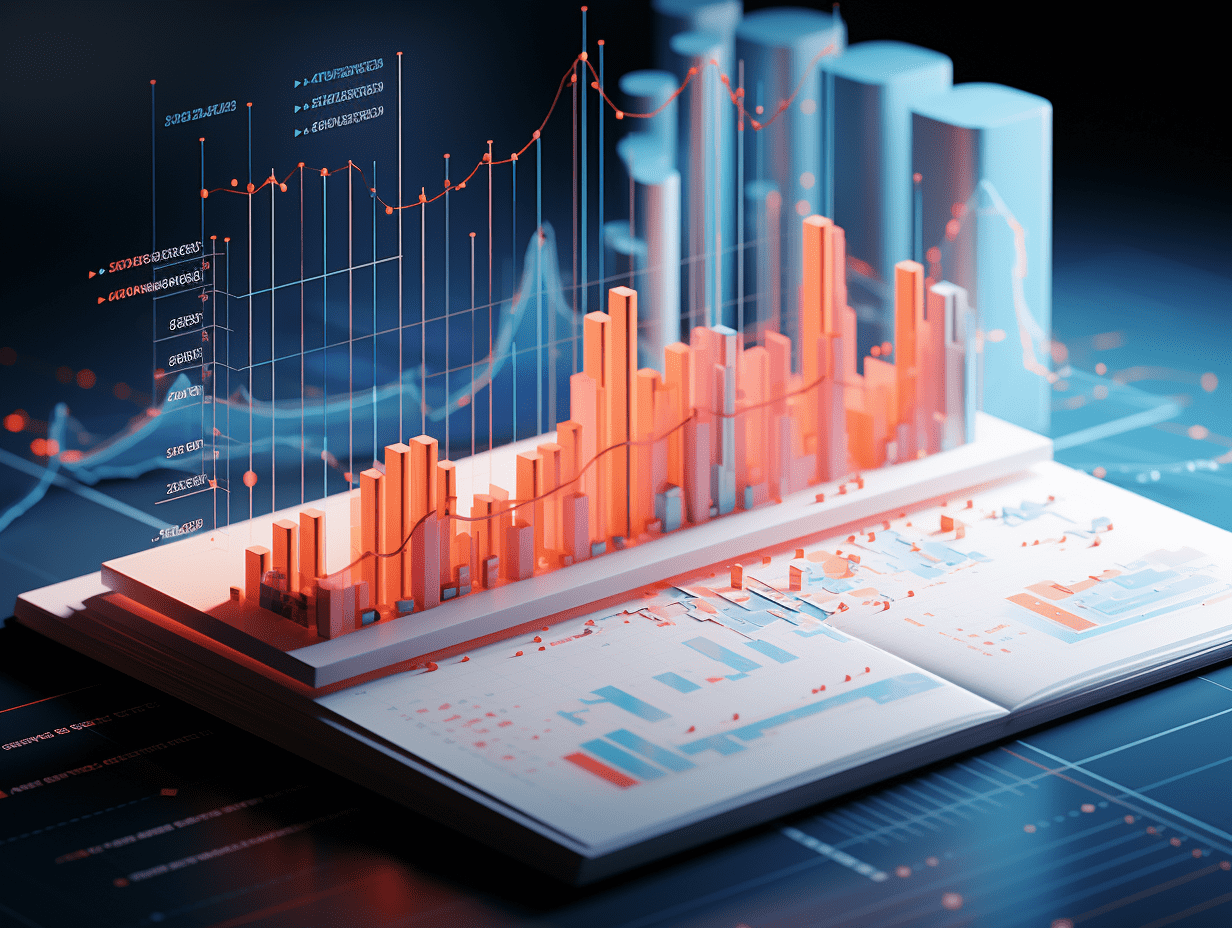Bank of America monthly institutional survey: "Long gold" remains the most crowded trade, while dollar allocation falls to lowest levels since 2006.
According to a survey by Bank of America, investors' allocation to the US dollar has fallen to a 19-year low, with 57% of investors believing that the US dollar is overvalued.
Against the backdrop of cautious attitudes towards U.S. assets, "long gold" has become the most crowded trade in the market for the second consecutive month.
According to the news from the tracker trading desk, on the 13th, Bank of America's Michael Hartnett released a research report. The May fund manager survey shows that investor sentiment is low, especially pessimistic towards U.S. assets. Investors' allocation to the dollar has fallen to its lowest level since May 2006, with 57% of investors believing the dollar is overvalued.
At the same time, gold is considered the most overvalued asset in seventeen years, with 58% of investors seeing it as the most crowded trade currently.
The survey also shows that 62% of investors believe that tariff-induced global recession is the biggest tail risk. Despite some improvement in investors' expectations for the global economic outlook, 81% of investors still expect the economy to fall into "stagflation."
In the report, Michael Hartnett stated that after missing out on opportunities in the rebound last month, investors may be forced to chase after price increases. According to the Ministry of Commerce on the 12th, both China and the U.S. have canceled a total of 91% of additional tariffs and suspended the implementation of 24% of retaliatory tariffs.
"Long gold" becomes the most crowded trade, gold valuation hits record high
The survey shows that "long gold" has become the most crowded trade in the market for the second consecutive month, with 58% of investors seeing it as the most crowded trade currently, far higher than the second-ranked "long tech giants" (22%).
At the same time, gold is seen as the most overvalued asset in history (since 2008), with a net 45% of investors believing that gold is overvalued, further rising from 34% in April.
In the currency market, investors' attitudes towards the dollar have changed significantly:
A net 17% of investors have a bearish stance on the dollar, reaching a nineteen-year low since May 2006;
A net 57% of investors believe the dollar is overvalued, a 12 percentage point drop from the previous month, marking the largest monthly decline since September 2023;
40% of investors are seeking to increase their hedges against a weaker dollar.
Market pessimism persists but shows slight improvement
The Bank of America survey was conducted from May 2nd to 8th, during the U.S.-China trade talks in Geneva. The results show that global investor sentiment has slightly improved but remains at a pessimistic level.
Cash levels have decreased from 4.8% in April to 4.5%, slightly below the long-term average of 4.7% since 1999. 61% of investors expect a "soft landing" for the global economy, a significant increase from 37% in April, while the expectation of a "hard landing" has decreased from 49% to 26%.
Expectations for the global economic situation have improved slightly, with a net 59% of investors expecting weakness, showing a slight improvement from April and the largest monthly improvement since October 2024. Despite this, global growth expectations have fallen 66 percentage points from the peak in December 2024.
62% of investors still consider "tariffs causing global recession" as the biggest "tail risk," while 43% of investors believe that tariffs are the most likely source of systemic credit events, followed by U.S. shadow banking (25%).
In addition, 75% of investors expect U.S. tax cuts to increase the budget deficit, and in terms of expectations for Fed rate cuts, 46% of investors expect two rate cuts this year, while 25% expect three rate cuts.
Significant adjustments in investment allocations: moving away from the U.S. and embracing Europe and technology
The survey shows that investors are re-adjusting their asset allocations:
Allocation to U.S. stocks has further decreased to a net 38% underweight, reaching the lowest level since May 2023;
Allocation to Eurozone stocks has increased by 13 percentage points to a net 35% overweight, almost reversing the entire decline in April;
Allocation to tech stocks has significantly increased by 17 percentage points, the largest monthly increase since March 2013;
Allocation to energy stocks has decreased to a net 35% underweight, reaching the lowest level in history.
In terms of risk appetite, a net 37% of investors indicate that they are taking on lower than normal levels of risk, improving by 9 percentage points from the previous month, the largest monthly increase since May 2025.
The Bank of America survey results indicate that in the event of the economy not landing, U.S. stocks, emerging market stocks, small-cap stocks, and energy stocks would benefit most, while gold would not. In the event of a hard landing, healthcare stocks would be most favorable, while Eurozone and bank stocks would not.
This article is reprinted from Wall Street News, GMTEight editor: Chen Wenfang.
Related Articles

State Council Tariff Commission: Adjusting Measures to Impose Tariffs on Imports of Goods Originating in the United States

Lower than expected again! US April CPI increased by 2.3% year-on-year, tariffs "pressuring" ineffective but hidden currents surging?

The United States will announce the list of selected participants for the third round of drug price negotiations in February next year.
State Council Tariff Commission: Adjusting Measures to Impose Tariffs on Imports of Goods Originating in the United States

Lower than expected again! US April CPI increased by 2.3% year-on-year, tariffs "pressuring" ineffective but hidden currents surging?

The United States will announce the list of selected participants for the third round of drug price negotiations in February next year.

RECOMMEND

Sino-US trade consensus ignites a stock market rally! Nasdaq returns to a bull market, "Buy America" sweeps the globe again.
13/05/2025

China and the United States temporarily suspend the imposition of tariffs for 90 days, freight volume surges again, and companies start a "freight rush".
13/05/2025

Powell Strikes a Hawkish Pose! Bond market rate cut dreams shattered, traders urgently reshuffling positions.
12/05/2025


